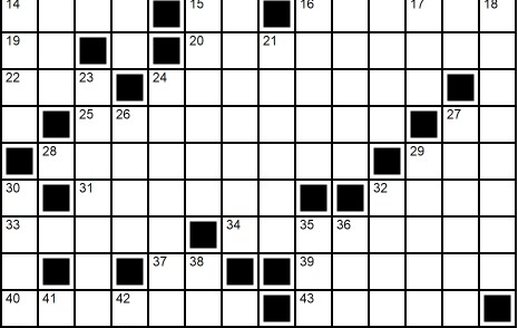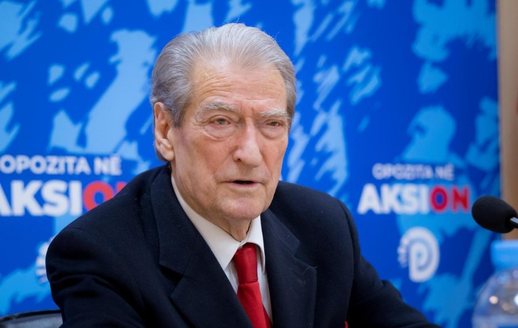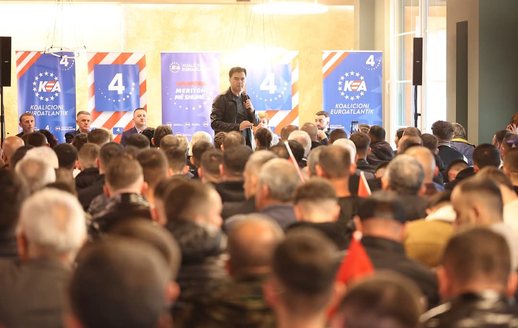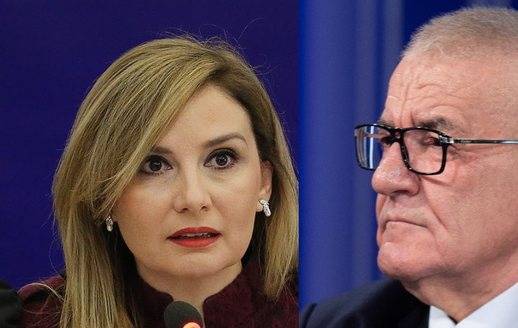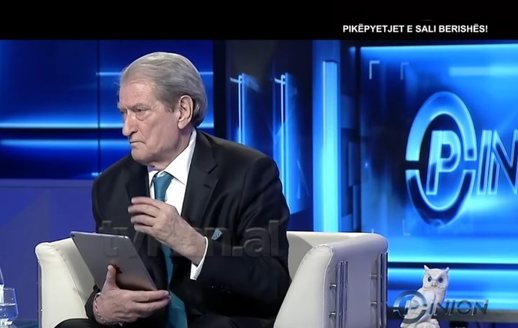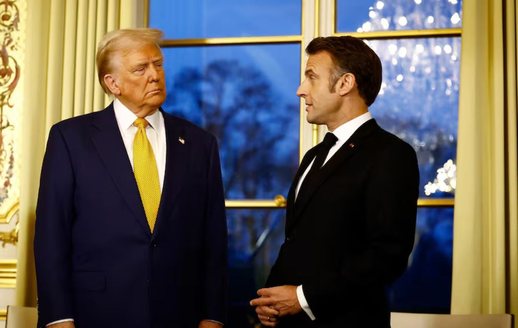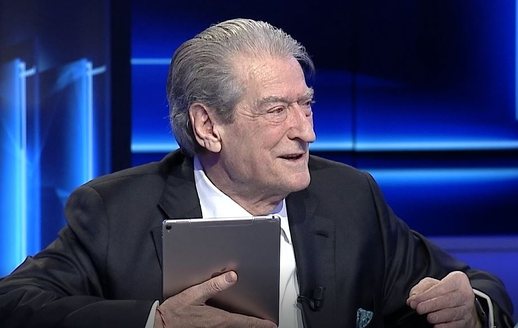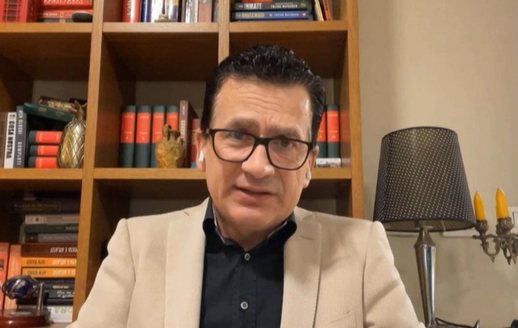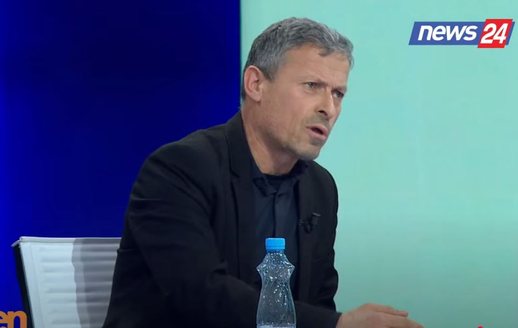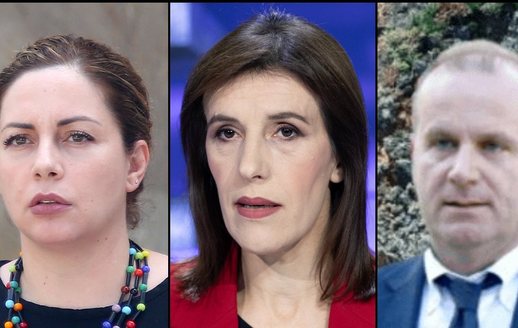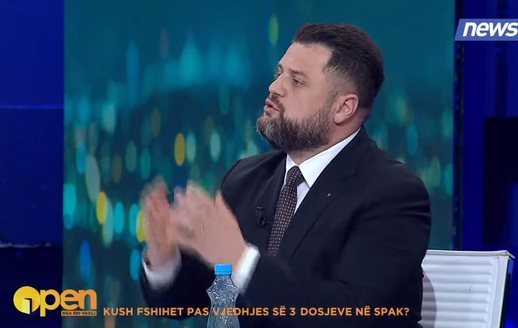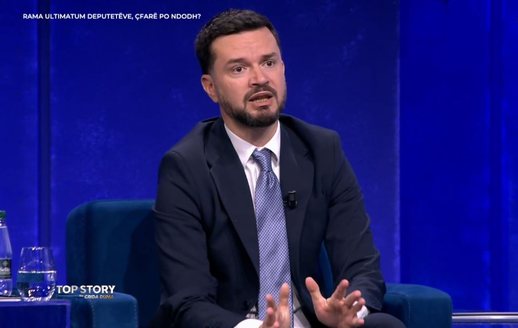
ICC issues arrest warrant, Netanyahu visits Hungary peacefully

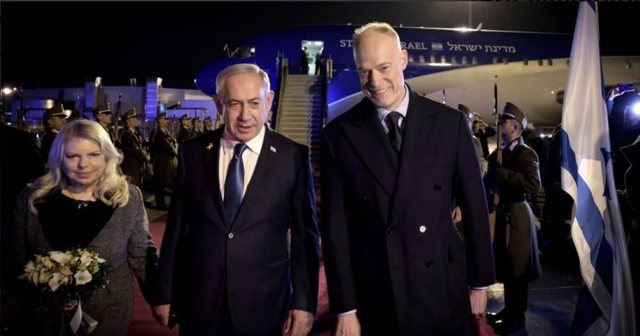
Israeli Prime Minister Benjamin Netanyahu arrived in Hungary on April 3, on his first trip to Europe since the International Criminal Court (ICC) issued an arrest warrant for him over alleged war crimes in Gaza.
Hungary's Defense Minister, Kristof Szalay-Bobrovniczky, met Netanyahu at Budapest airport around 2:30 a.m. and then, through a Facebook post, announced that the Israeli leader had arrived for a visit to his country.
"Welcome to Budapest, Benjamin Netanyahu," Szalay-Bobrovniczky wrote, also posting photos with the Israeli leader during their meeting at the airport.
Despite the arrest warrant, Netanyahu is confident that he will not be arrested during his four-day visit.
As a signatory to the court in The Hague, Hungary is obligated to arrest him, but Budapest's internal legal situation is complicated and this has given the government enough space to welcome the Israeli prime minister.
Hungarian Prime Minister Viktor Orban publicly invited Netanyahu to visit in November, shortly after the ICC issued the arrest warrant.
"I guarantee him, if he comes, that the ICC ruling will have no effect in Hungary," Orban declared.
Diplomatic sources within Hungary have told Radio Free Europe that the country has decided to withdraw from the ICC, although such a decision has not yet been officially confirmed.
Orban has aligned himself closely with Netanyahu and US President Donald Trump, who has also criticized the decision to issue the arrest warrant.
Trump imposed sanctions on the ICC last month, criticizing as "baseless" the arrest warrants for Netanyahu and former Israeli Defense Minister Yoav Gallant.
The indictment states that Netanyahu "is alleged to be responsible for the war crime of using starvation as a method of warfare and intentionally directing an attack against the civilian population and for the war crimes of murder, persecution, and other inhumane acts from October 8, 2023 to May 20, 2024."
The ICC cannot arrest anyone, but it is up to the states that have signed the treaty establishing the court – the Rome Statute – to execute arrest warrants.
"It is not up to states to unilaterally determine the legal aspect of the court's decisions," ICC spokesman Fadi El-Abdallah told Radio Free Europe.
According to him, states have a legal obligation to implement court decisions.
This position was also supported by two lawyers with whom Radio Free Europe/Radio Liberty spoke./ REL

Rama's mockery of EU integration
ideas

"Who talks about Lulzim Basha anymore?!"

Basha, the surprise of this campaign!

Two Prime Ministers, two worlds
top
Alfa recipes
TRENDING 
services
- POLICE129
- STREET POLICE126
- AMBULANCE112
- FIREFIGHTER128

